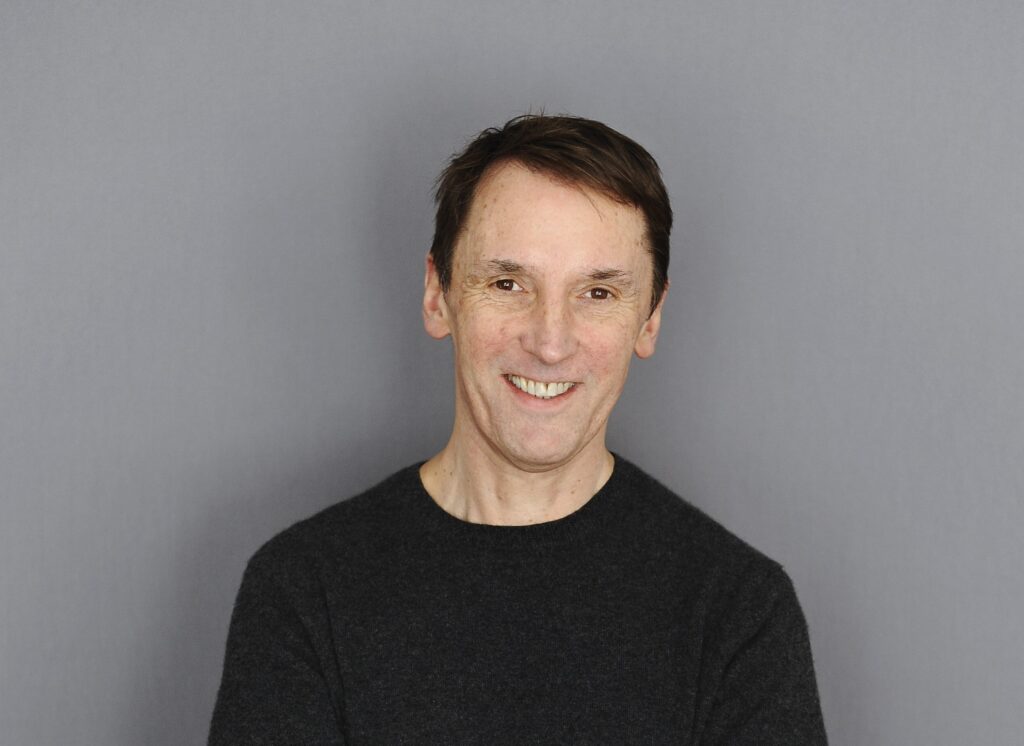Creative projects start with a seed. To grow, that seed needs many things, above all commitment and time. But finding time, regular and productive time, is hard.
Simply meeting the demands of everyday life can feel like struggle enough. The sheer amount of things we all have to do crowds out our diaries.
There’s doing the day job. There’s doing the dishes. There’s taking care of stuff: our homes, our cars, our plants, our families, our existing relationships and the new ones we want to foster. There’s phoning friends or parents or the bank. There’s tidying up our homes and tidying up our computer files.
There’s taking care of ourselves: cooking meals, keeping regular hours, getting enough sleep, going to yoga classes or to the gym and if we manage it, meditating.
There’s reading. Without even considering books for pleasure, there is so much reading we all ‘have’ to do these days, from reading improving books to staying abreast of current affairs, from reading blogs to newsletters to unsolicited emails.
Many creative people also run various strands of paid work, offshoots of their creativity, which can grow in the time and effort they demand and threaten to take over. An actor may teach classes, write books and run workshops in schools. A novelist may teach classes, run a blog and write articles.
Well down the list, after all this work is done to pay the bills and simply manage life, comes our creative work itself. It may be our real work – or so we tell ourselves – and we long to get down to it.
But when?
And even once we do settle down, pen or brush in hand, we need to summon much greater reserves of energy and mental and emotional commitment than anyone who isn’t an artist realises. No wonder we try to back out; put down the pen, postpone or procrastinate. We feel too tired right now. Tomorrow will be better or next week. When we’ve thought about it more. When we have done this piece of research or read that book.
But if we don’t start now, or one day very soon, then nothing will ever change for us. Each project takes a slow build, grows step by step, but without the first step and then the next and the next, we will never get nearer to reaching our dreams. We will remain unfulfilled.
Where to begin
If you are in overwhelm, one small but significant step can be to get down a set of guiding principles for your work. This helps to clear out some of the confusion. What are the basic values for your work – and for your life?
Henry Miller does that in his own grand and sweeping way, below. Perhaps you can do the same.
(text found in this blog)
What Miller has done is to work how what’s really important for him to produce his best work. Note that he’s included all the peripheral (but also important) things – meeting people, painting, cinema, and drinking. He doesn’t pretend that they don’t exist and that his life can ever be one-pointed and clear, but he sets them into context.
He’s also included the type of approach which serves him best; for him (and for many of us) it’s to evade the lure of multiple projects or of possible greater projects in the future, and concentrate on this one now, alone. He’s also included the emotional attitude with which to produce the work, an attitude to adopt at the beginning of each writing session; to work calmly and joyously.
These ideas suit him; which ones suit you?
Next step; scheduling
So far, so inspiring. But you will need to look at your plan regularly for it to make any real difference to your life and output. And a plan alone is not enough.
The next step is much more mundane and much more ground level. It’s working out how much of the step by step work you can realistically fit into your week. It’s scheduling; setting up blocks of time dedicated to your creative ‘practice’. And it’s writing those times down.
Received wisdom says we need to do creative work every day and that twenty minutes is better than nothing. This wouldn’t work for me, at least not at the start of anything creative. Sure, we need to keep the creative work high in our minds. We must mull it over on our way to work and make notes in our lunch hours. But for me, twenty minutes would barely be enough to whet my creative whistle.
The same goes for waking up extra early and working on a project at 4 am. Are you joking? If I’m exhausted there’s no way I can do anything useful – and useful work is the point here, not just hours for the mere sake of feeling virtuous. I find it more helpful and more realistic to schedule several long stretches of time each week.
Whatever time blocks work for you, you must mark out those times on your weekly calendar. You could do this in a different colour, maybe red, anything to ensure you take those bands of time as irrevocable. They are set in stone and nothing must get in their way. Perfect scheduling would set them at the same time each week, since there’s something about habit that makes it much more likely we keep to our commitments. It’s Tuesday, Thursday or Saturday; I eat breakfast and write for three hours.
Of course how you use those blocks of time may change depending where exactly you are in a project: at the start much time will be used for planning, research, and finding inspiration to bring texture and complexity to your initial seed. Later on you will be much more involved in producing.
But that’s a whole other story and another blog post.



